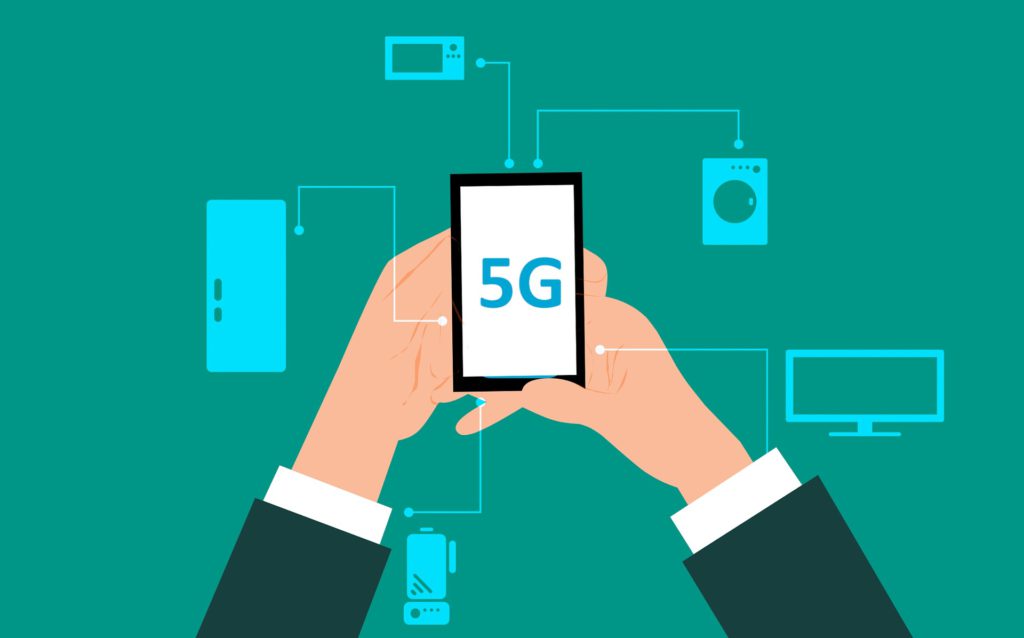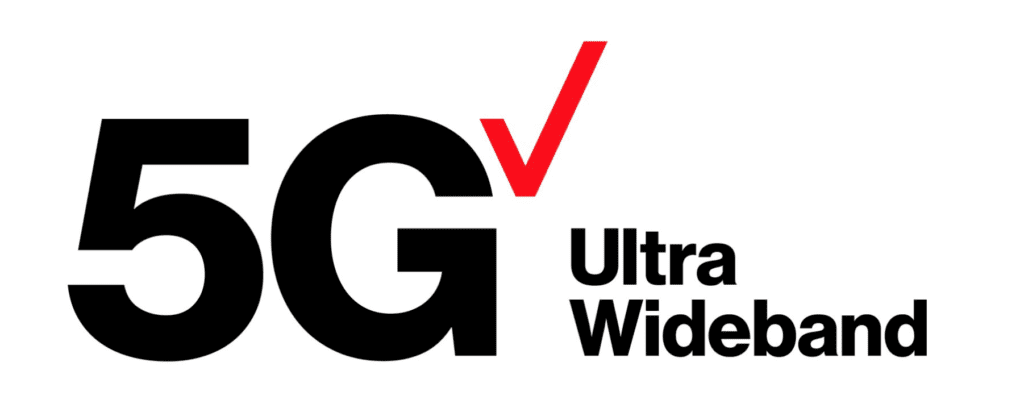According to reports, 5G will be around 100 times faster than 4G. 5G is expected to deliver up to 2.5 GB/s (gigabyte per second) – talk about going all out in terms of speed.
Introduction
But what’s 4G or 5G, exactly? And what are the key differences between the new technologies apart and including speeds? That’s precisely what we’ll uncover today. Apart from comparing and contrasting 5G and 4G, we’ll also explain the two technologies to the people who aren’t on the nerdy side.

Let’s first start by learning about the 4G and 5G technologies, then we’ll compare and contrast the two.
What’s 4G?
4G or Four-G is the fourth generation of mobile phone technology. It’s the successor of the 3G or Three-G technology that introduced the ability to browse web pages, make video calls, download files on the go. 4G technology is built upon the 3G technology; it does everything the 3G technology does but with faster speeds.
4G allows cellular devices to use the internet wirelessly with up to a speed of 150Mbps. Apart from its solid speed, 4G offers lower latency of around 45 milliseconds (latency means the time it takes for a device to respond to a request).
Today, in our everyday lives, we use 4G mobile broadband technology to use social media, browse the internet, watch videos, download files, and more. Without the 4G technology, cellular devices will not be able to compete with modern-age computers. And now it brings us to the next generation of technology that we now know as 5G.
What’s 5G?

The development of 4G was a massive breakthrough for mobile technologies. But 5G is something that will change how the world works. 5G or Five-G is the next generation of wireless network technology that will fuel innovation and transform the dynamics of everything around us.
With blazing-fast speeds, wide range, superb capacity, low latency, and reliability, 5G has the potential to change how we live, work, and play. From self-driving cars to artificial intelligence, every emerging technology is hugely dependent on 5G. With the help of 5G, it will be easy to build a connected world like never before.
5G wireless technology is meant to deliver higher multi-Gbps peak data speeds, increased availability, high performance, and more efficiency. 5G is a long-awaited technology to transform how things around us work.
Now you’re all informed and educated on 4G and 5G, let’s move on and learn the four key differences between 5G and 4G.
What Is The Difference Between 5G and 4G?
There are a few major differences between the 5G and 4G technologies. Although both are related to providing wireless internet to cellular devices, the generation gap has hugely played its part to make the difference crystal clear.
The following are four significant differences that set apart 5G and 4G. And here’s how they stack up:
Speed
The very first difference between 5G and 4G is speed. 5G is up to 100 times faster than the 4G technology. 5G can reach up to 10 gigabits per second, whereas 4G can only reach 200Mbps.
To put the speed example in perspective, a two-hour film will be downloaded via 5G within 10 seconds, and with 4G, the same task will take about seventeen minutes.
With the help of 5G speed, customers will be able to stream 4k and 8k videos without any problem. With 4G, however, customers are still unable to stream a 1080p video without any lag or interference.
From gaming to education and self-driving cars, the lightning-fast speed of the 5G network will change everything!
Capacity
With 4G, we all have experienced slow internet experience in a small area where there are lots of people. 4G isn’t efficient in providing smooth internet to multiple devices that are close together. It’s hard for 4G to keep up with multiple devices and consistently provide them with lag-free high internet speeds. And that’s where 5G comes in!
The next generation of cellular wireless internet broadband, 5G, will support more devices per kilometer. Today, 4G can support up to 4,000 devices per square km, whereas 5G will be able to support 1 million devices per square km.
With 5G, more devices will be able to get better internet speeds per km square. And without the congestion factor.
Latency
Latency is the amount of time it takes for a device to communicate with servers or other devices. Although latency is already fairly low in the 4G technology, 5G will act as an even further boost.
4G connections provide a latency of up to 200 milliseconds, whereas 5G is promising latency of only 1 millisecond (lower the better). Low latency of the 5G technology will help to improve the level of real-time gaming and all the communications that require an instant response.
The low latency claim of the upcoming 5G technology will enable real-time communication and connection between devices. For normal consumers, it will not be a huge difference, but for industries and emerging technologies, it will be a game-changer.
Reliability
Last but certainly not least, the 5G network will be more reliable than the 4G network. As 5G will be able to transmit high amounts of data at super-fast speed, everyone will be more inclined towards it.
Whether if a consumer is looking forward to downloading a movie or training an artificial intelligence model, the 5G network will be more reliable to do the task in less time and with more efficiency than the 4G network.
The reliability of the 5G network will greatly affect the productivity of companies that hugely rely on the world wide web. With fast data speeds, low latency, and big capacity, 5G will take the throne of the only reliable cellular internet solution.
Conclusion
According to what has been revealed to us so far, 5G will surely transform how our devices communicate with each other. But what do you think? Will 5G live up to its hype or the companies are just saying something that’s too good to be true?

